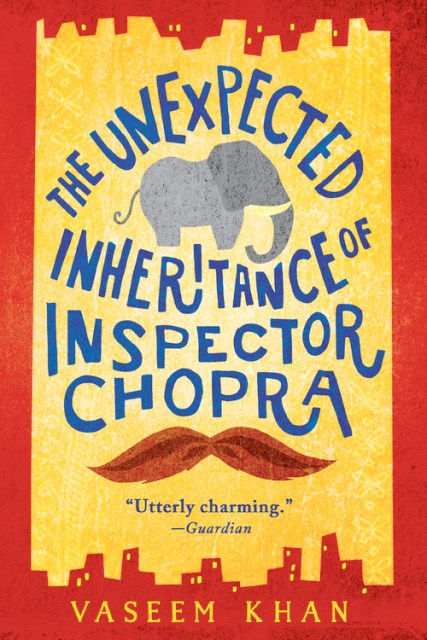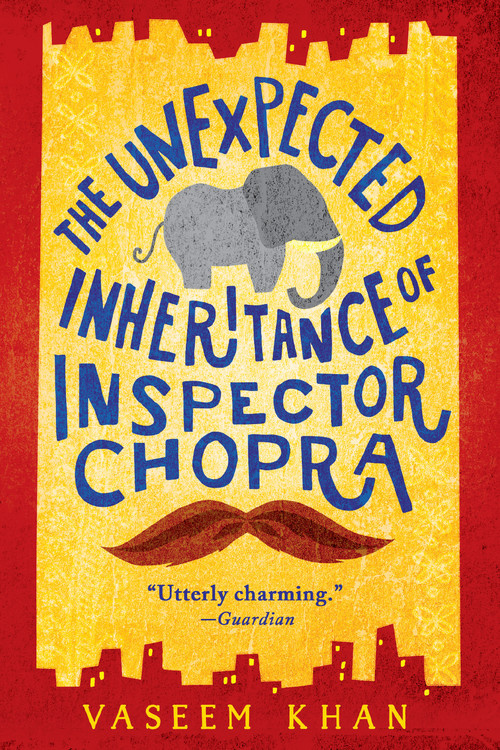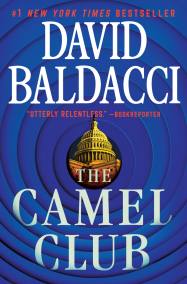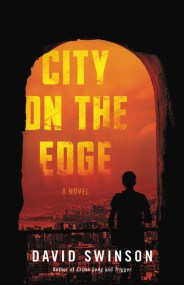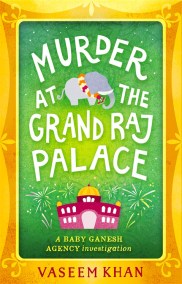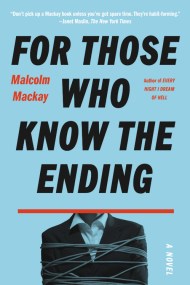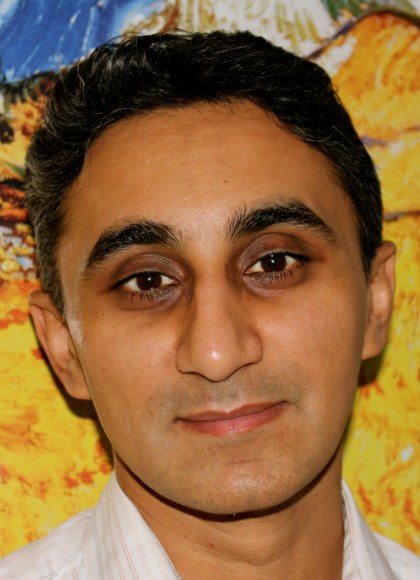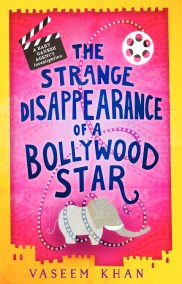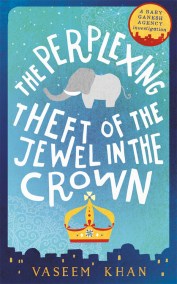Promotion
Use code MOM24 for 20% off site wide + free shipping over $45
The Unexpected Inheritance of Inspector Chopra
Contributors
By Vaseem Khan
Formats and Prices
Price
$18.99Price
$23.99 CADFormat
Format:
- Trade Paperback $18.99 $23.99 CAD
- ebook $9.99 $12.99 CAD
- Audiobook Download (Unabridged)
This item is a preorder. Your payment method will be charged immediately, and the product is expected to ship on or around September 15, 2015. This date is subject to change due to shipping delays beyond our control.
Also available from:
The first is the case of a drowned boy, whose suspicious death no one seems to want solved. And the second is a baby elephant.
As his search for clues takes him across the teeming city of Mumbai, from its grand high rises to its sprawling slums and deep into its murky underworld, Chopra begins to suspect that there may be a great deal more to both his last case and his new ward than he thought.
And he soon learns that when the going gets tough, a determined elephant may be exactly what an honest man needs. . .
A Baby Ganesh Agency Investigation
The Unexpected Inheritance of Inspector Chopra
The Perplexing Theft of the Jewel in the Crown
The Strange Disappearance of a Bollywood Star
Murder at the Grand Raj Palace
Bad Day at the Vulture Club
Genre:
-
"Smoothly combines an affable lead, a seemingly impossible crime, and an endearing and highly unusual sidekick-a baby elephant named Ganesha.... Fans of Alexander McCall Smith will find a lot to like."p.p1 {margin: 0.0px 0.0px 0.0px 0.0px; font: 14.0px Calibri; -webkit-text-stroke: #000000}span.s1 {font-kerning: none}Publishers Weekly on The Perplexing Theft of the Jewel in the Crown
-
"Thought-provoking mystery... promising debut."Booklist
-
"A winning debut...Khan's affection for Mumbai and its residents adds to the novel's charm."Publishers Weekly
-
"An enchanting start to a new series."Woman & Home
-
"Debut Mumbai-based 'cosy' - complete with baby elephant - keeps things heart-warming while tackling corruption at the highest levels and violent crime at the lowest. Endearing and gripping, it sets up Inspector Chopra - and the elephant - for a long series."Sunday Times
-
"The deep love for Mumbai and its people - warts and all - that Inspector Chopra shares with his creator infuses the novel from the beginning. The Unexpected Inheritance of Inspector Chopra is certainly a delightful and uplifting crime caper, but it also comes with an edifying dose of serious social comment, with many of Chopra's preoccupations mirroring those of his creator."The Bookseller
-
"A fantastic and heartwarming read... I can't wait to see what happens next!"First for Women
-
"An entertaining feel-good read in the tradition of Alexander McCall Smith.... Utterly charming."Guardian
- On Sale
- Sep 15, 2015
- Page Count
- 320 pages
- Publisher
- Redhook
- ISBN-13
- 9780316386821
Newsletter Signup
By clicking ‘Sign Up,’ I acknowledge that I have read and agree to Hachette Book Group’s Privacy Policy and Terms of Use
